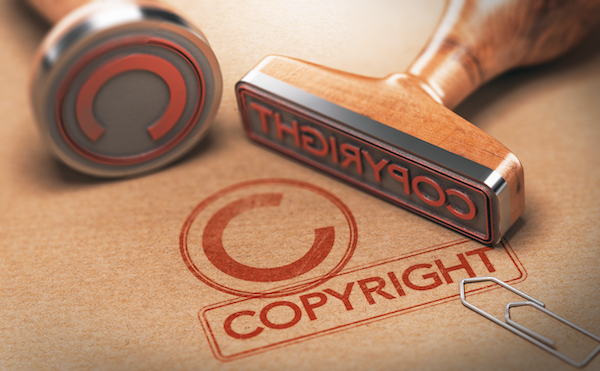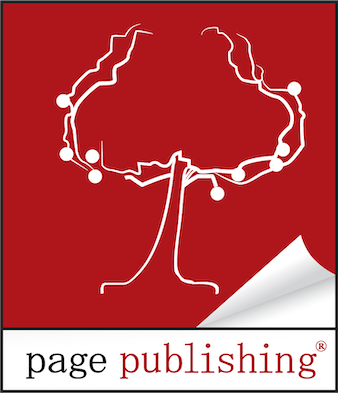
Copyright is a form of protection provided by the laws of the United States and extended to the authors of “original works of authorship”. While this applies to many forms of authorship (literary, dramatic, musical, photographic, etc.) it is only the protection of literary works which we are concerned with here in the book publishing world. This protection is available to both published and unpublished works and it generally gives the owner of copyright the exclusive right to reproduce the work in copies (i.e. print a book), prepare derivative works based upon the work (in other words make a screenplay from a book), distribute copies of the work to the public by sale (i.e. sell copies of the book), and perform the work publicly (i.e. turn a book into a theatrical performance).
How do I obtain copyright protection for my book?
Contrary to common belief, there are no steps needed to obtain copyright protection for a book. The book need not be registered or published. Copyright protection for a book attaches automatically when the work is “created”. A book is created when the book is written with paper and pen, or typed into a computer or other device – anything that “fixes” the work in a “copy” that may be “visually perceived”. Thus, just having the idea for a book in your head is not enough to secure copyright protection – the concept for the book must actually be fixed in a copy.
Should I apply for copyright registration of my book?
As mentioned above, copyright registration is not required in order to secure copyright protection for a book or other written work. It is highly recommended, however, that all authors do indeed take steps to register their written works with the Library of Congress via the filing of a formal copyright registration application, in that the benefits of formal registration are many. In the first place, registration establishes a formal public record of ownership of the written work by the author. Additionally, if registration is made within five years of publication of the work (indeed, it is the opinion of Page Publishing that registration should always be made commensurate with publication of the book), it serves as prima facie evidence in court that the registration and facts contained therein are valid. It should also be noted that registration is a necessary condition precedent to the filing of a copyright infringement action. Also significant is the facts that registration allows the owner of the copyright to record the registration with the U. S. Customs Service for protection against the importation of infringing copies. Thus, if a counterfeiter in China were to illegally produce infringing copies of your work, the U.S. Customs Service would seize and destroy any such illegal copies.
Should I place the copyright notice “©” on my book?
Use of the notice is important because it informs the public that the work is protected by copyright, and it identifies you as the rightful the copyright owner. Also, placement of a proper notice of copyright on your book would invalidate any claims by an infringer that he “innocently” infringed the work if it can be proved that the infringer had access to the work with the copyright notice placed upon it.
What is the length of copyright protection?
Your book is automatically protected from the moment of its creation, whether you register it or not. That protection lasts for the author’s life plus an additional 70 years after the author’s death. This means that upon your death, your heirs/estate can continue to own the rights to your work for an additional 70 years.
